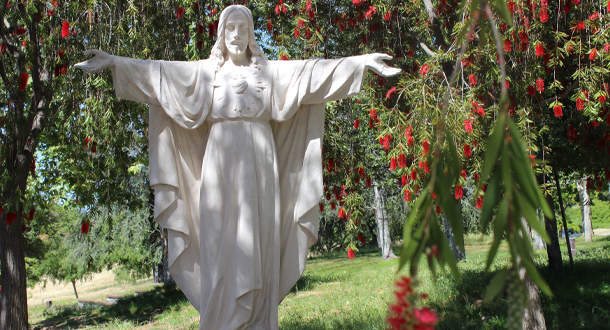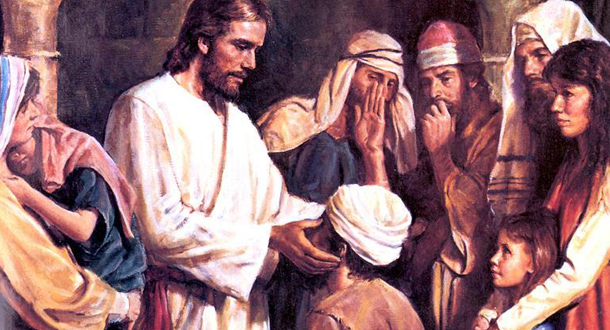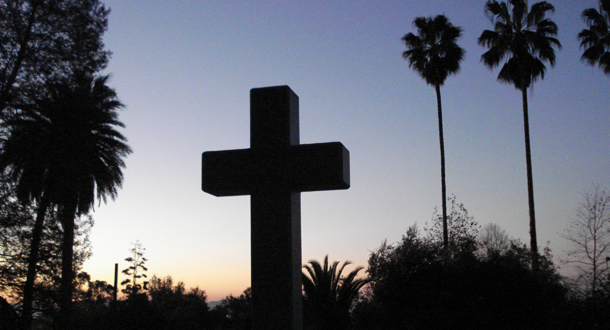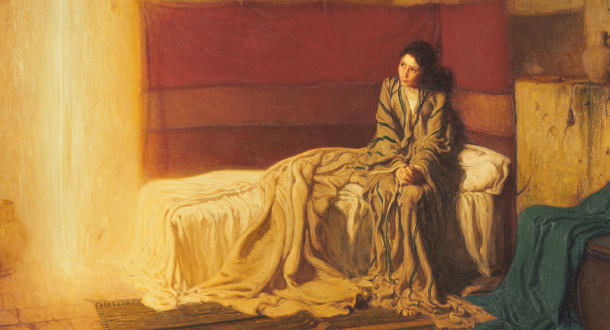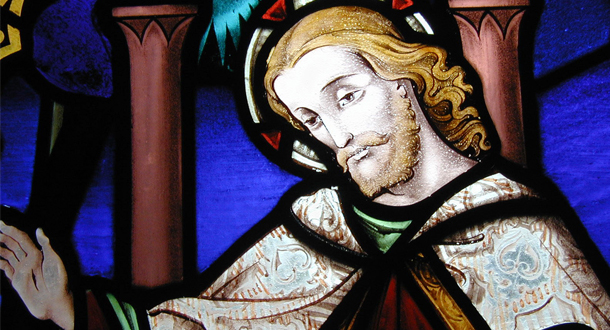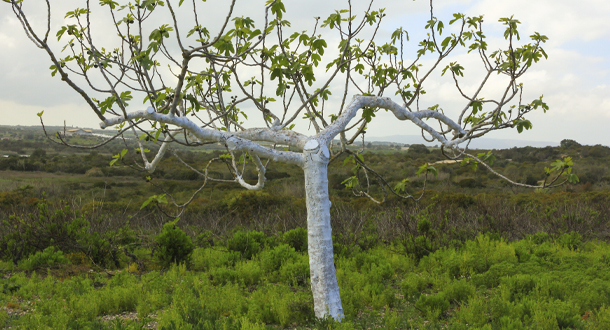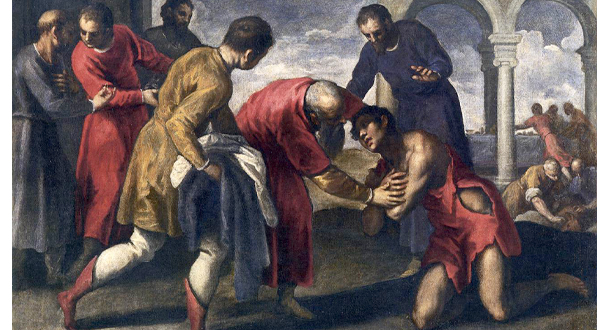
Fourth Sunday of Lent
Scripture:
Joshua 5:9a, 10-12
2 Corinthians 5:17-21
Luke 15:1-3, 11-32
Reflection:
We all know the story of the Prodigal Son, who essentially proclaimed his father dead, took his inheritance, and shamed his family and himself by how he chose to spend the money. Even the son’s return home was based more on the necessity of survival than it was on sincere repentance. (Interestingly, his father’s open-armed, joyous reception probably did more to generate remorse in the errant young man than did his time sharing slop with the pigs.)
We marvel at the forgiving nature of the father. We spend far less time exploring the resentment of the elder son. I suspect that is because we relate so easily to his feelings. He did everything right – obeying all the rules, living as the model child, and sacrificing his own needs for his father’s. He doesn’t want to see an undeserving sinner receiving the reward he feels is due to him. So instead of joining in this experience of unmatched love, dancing with his brother and celebrating the once-again-intact family, the elder son turns away, refuses his father’s love, and places himself outside the family. He is now no less prodigal than his younger brother. (Perhaps we should change the title to “The Parable of the Two Prodigal Sons”).
This story parallels that of the vineyard workers who were hired at various times of the day, yet all received the same pay. If we worked long hours in the heat of the day, or did everything right like the elder son, we’d be angry over the unfair disparity in treatment, too. We demand justice. No, we demand equity. We want what we believe we have coming to us.
When his son turned away in anger, it is obvious the father’s heart was broken again. Just as he had waited patiently at the window for his beloved younger son to return home, he now had to wait at the window for his elder son to return. If the boy was as stubborn as I can be sometimes, he may have waited for a very long time.
God’s love and forgiveness, as the father demonstrates, doesn’t obey human rules of equity. We can’t earn it, no matter what we do. God simply loves and forgives, freely and lavishly, undeserving though we may be. That is an easier truth to accept when I have done wrong; when I sin I want to be welcomed back like the younger son. It is far harder to accept when I believe I am right, yet I see “a sinner” garnering praise and attention that I crave for myself. This is especially true when I work hard to overcome a certain flaw or sin, only to observe someone else practicing that very sin to manipulate people or situations to their own advantage. I know the short road toward anger and resentment when it seems more rewarding to do wrong than to stay on the right path.
How long did the eldest son remain a prodigal? We don’t know. Yet the operative question is: How long will I? Can I stay true to my calling as a follower of Christ even when I see the “rewards” that sometimes accrue to those who don’t? Can I rejoice just as heartily when the love and forgiveness that God lavishes on me is poured out on others in ways I may deem unfair? Can I turn around and lavish love and forgiveness on those who have hurt me?
I freely admit I’m not there yet. I am still working to transform my ideas of self-righteousness and fairness. I need to keep this parable in front of me, so I can continually let go of all the ways I act like the elder son. God is waiting patiently at the window, waiting for me to turn and come home.
Amy Florian is a teacher and consultant working in Chicago. For many years she has partnered with the Passionists. Visit Amy’s website: http://www.corgenius.com/.

